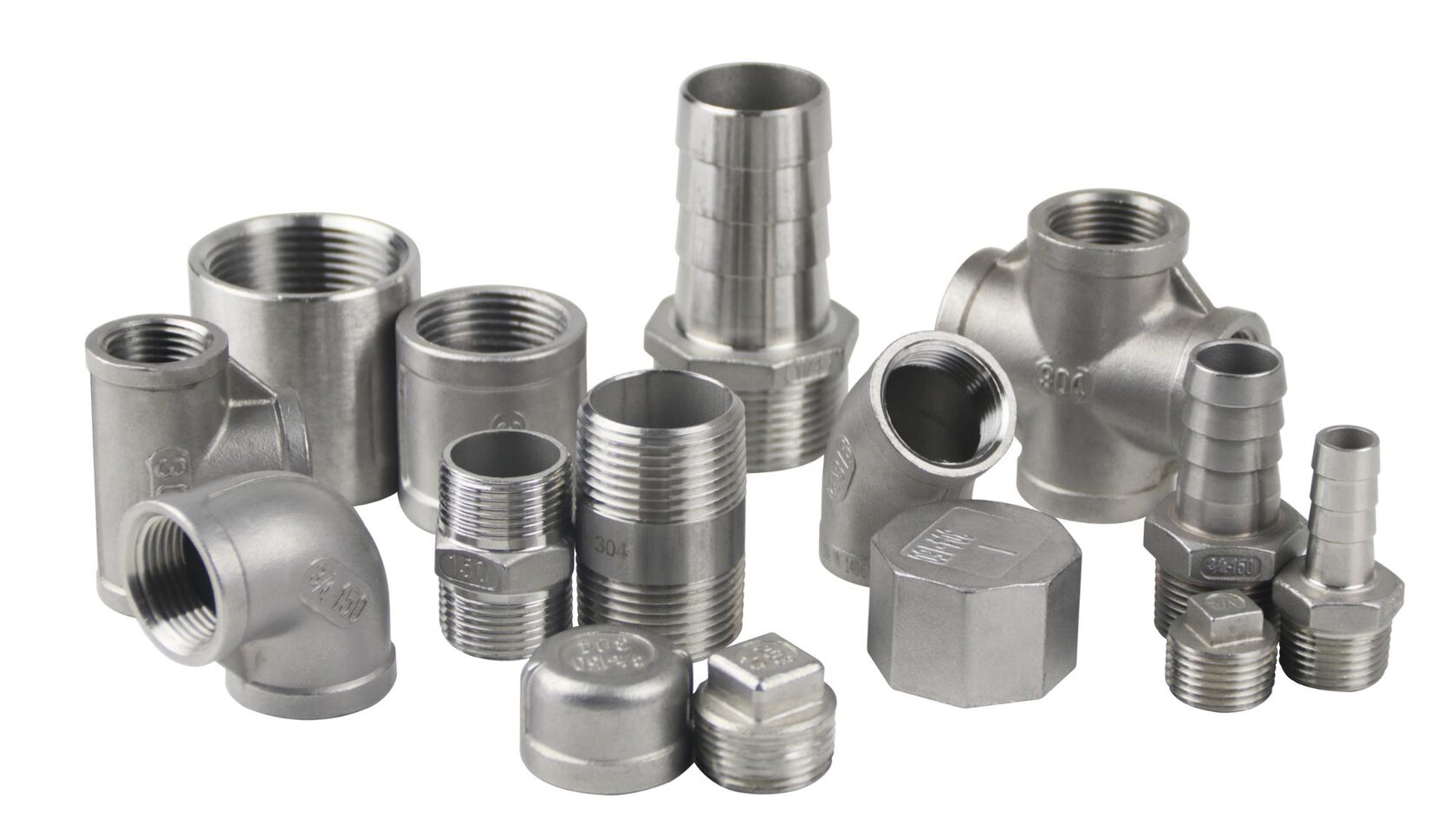Selecting the appropriate SMO 254 forged fittings for your application is crucial to ensure optimal performance, durability, and reliability. With its exceptional corrosion resistance and mechanical properties, SMO 254 is widely used in chemical processing, seawater desalination, and offshore oil and gas. This guide will discuss key factors when choosing SMO 254 forged fittings for your application.
Understanding SMO 254 Alloy
Before proceeding with the selection process, it’s essential to understand the properties of the SMO 254 alloy. SMO 254 is a high-alloy austenitic stainless steel known for its superior corrosion resistance, particularly in aggressive environments containing chloride ions, such as seawater and acidic solutions. It offers excellent strength, toughness, and weldability, making it suitable for various applications where corrosion resistance is paramount.
Corrosion Resistance
The primary consideration when selecting SMO 254 forged fittings is their corrosion resistance. Evaluate the corrosive environment where the fittings will operate, considering factors such as chlorides, acids, and other aggressive chemicals. SMO 254 offers exceptional resistance to pitting, crevice corrosion, and stress corrosion cracking, making it ideal for corrosive applications.
Temperature and Pressure Ratings
Assess your application’s temperature and pressure requirements to ensure that the SMO 254 forged fittings can withstand the operating conditions. SMO 254 exhibits good mechanical properties at elevated temperatures and pressures, but it’s essential to verify that the fittings meet your system’s specific requirements to prevent premature failure or degradation.
Compatibility with Fluids
Consider the compatibility of SMO 254 forged fittings with the fluids or media conveyed through the piping system. SMO 254 is compatible with many corrosive fluids, including seawater, acids, and brines. However, confirming compatibility with specific chemicals or solutions in your application is important to avoid chemical reactions or degradation of the fittings.
Size and Configuration
Select SMO 254 forged fittings in the appropriate size and configuration to ensure compatibility with the piping system and facilitate the proper flow of fluids. Consider factors such as pipe diameter, fitting type (elbow, tee, coupling, etc.), and connection methods (socket weld, threaded, etc.) to meet your system’s dimensional requirements and layout.
Standards and Specifications
Verify that the SMO 254 forged fittings conform to relevant industry standards and specifications, such as ASTM, ASME, and EN standards. Compliance with these standards ensures product quality, performance, and interoperability with other components in the piping system. Additionally, certifications and documentation provided by manufacturers can attest to the quality and reliability of the fittings.
Supplier Reputation and Quality
Choose a reputable supplier or manufacturer known for producing high-quality SMO 254 forged fittings. Conduct research, read customer reviews, and evaluate the supplier’s track record to ensure reliability, timely delivery, and customer support. Quality assurance measures, such as material testing, inspection processes, and adherence to industry standards, indicate the supplier’s commitment to providing reliable products.
